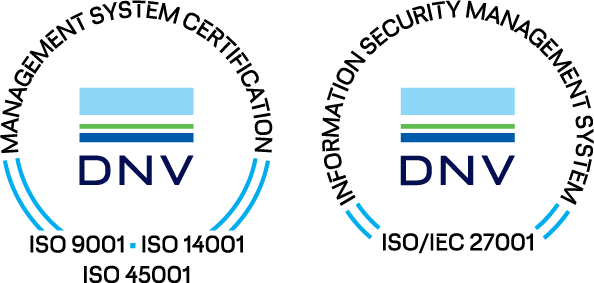Nuclear and Decommissioning Company (hereinafter referred to as “JAVYS”) in cooperation with the International Atomic Energy Agency (“IAEA”) organized under the auspices of the IAEA/JAVYS Collaborating Centre, an international workshop aimed at sharing experience gained from the implementation of decommissioning projects for water-cooled and water-moderated energy reactors (WWER). It took place in Trnava from 16 to 20 May 2022.
During the five-day programme, representatives of the IAEA Member States from Armenia, Belgium, Bulgaria, the Czech Republic, Finland, Hungary, Norway, Slovakia, Spain, Italy, Turkey, Ukraine, Uzbekistan and the United States presented information from the field of preparation and implementation of decommissioning of WWER-type nuclear power plants in individual countries.
The agenda of this international workshop thematically covered the issues of the decommissioning of nuclear power plants from the preparation stage of their decommissioning, i.e. from the preparation of conceptual decommissioning plans up to the release of the site, where they were operated.
At the beginning of the workshop, representatives of major organizations in the European area (company JAVYS, IAEA, EC-JRC/DG ENER, Nuclear Regulatory Authority of the Slovak Republic) emphasized the importance of sharing the knowledge gained in the field of nuclear decommissioning. In order to give more information on the status of nuclear decommissioning in individual IAEA Member States, the workshop participants provided their national presentations with a detailed overview of decommissioned nuclear facilities and level of finalization of the decommissioning process.
During the second day of the workshop, which aimed at issues of planning, preparation and implementation of decommissioning of WWER-type nuclear power plants, the participants presented topics that are unique, in particular, from the viewpoint of WWER-type nuclear power plants. The presenters focused mainly on the dismantling of turbine hall, demolition of cooling towers, decontamination of primary circuits and subsequent fragmentation of their components, dismantling and demolition of RH-waste storage (“Mogilnik”). The participants were particularly interested in the presentation on planning of the reactor coolant system large activated components management at the Finnish nuclear power plant Loviisa.
The agenda of the workshop also included a site visit to the selected facilities. The workshop participants visited the Bohunice Radioactive Waste Treatment Centre and controlled area of main reactor building at the V1 nuclear power plant, where the dismantling activities and fragmentation of the reactor coolant system large components are in progress.
Decommissioning of nuclear facilities also includes the management of radioactive waste generated during the implementation. In this context, during the fourth day of the workshop within the part on management of materials from decommissioning, the workshop participants gave presentations on topics regarding the circulating economics of materials, innovative technologies for RAW management, secondary RAW from decommissioning and management of activated components. The brainstorming focused on knowledge, good practices and challenges faced during the decommissioning of WWER-type nuclear power plants closed the penultimate day of the workshop.
Evaluation of the achieved end results and summarizing the workshop on the final day showed that:
- the workshop was attended by 25 foreign participants and a similar number of participants representing Slovak institutions/companies
- workshop participants represented 14 IAEA Member States
- three collaborating centres with the IAEA in the field of decommissioning (JAVYS, SOGIN, IFE) were represented
- the representation of the European Commission in the field of knowledge management was at the highest level
- about 40 presentations were provided in five thematic areas in the field of nuclear decommissioning
- two nuclear facilities operated by company JAVYS were visited, in compliance with the topics of the workshop
- during the moderated brainstorming session many interesting interconnections with facts were observed.
Workshop on the decommissioning of WWER-type nuclear power plants brought about an intense sharing of a great deal of knowledge, applicable in the home environment of the participants. This will allow them to reduce the uncertainties in the implementation of their national decommissioning programmes associated with preparation and implementation of decommissioning activities. This ultimately increases the safety of implementation of decommissioning activities and reduces the associated costs.
Mgr. Miriam Žiaková
Spokesperson



















